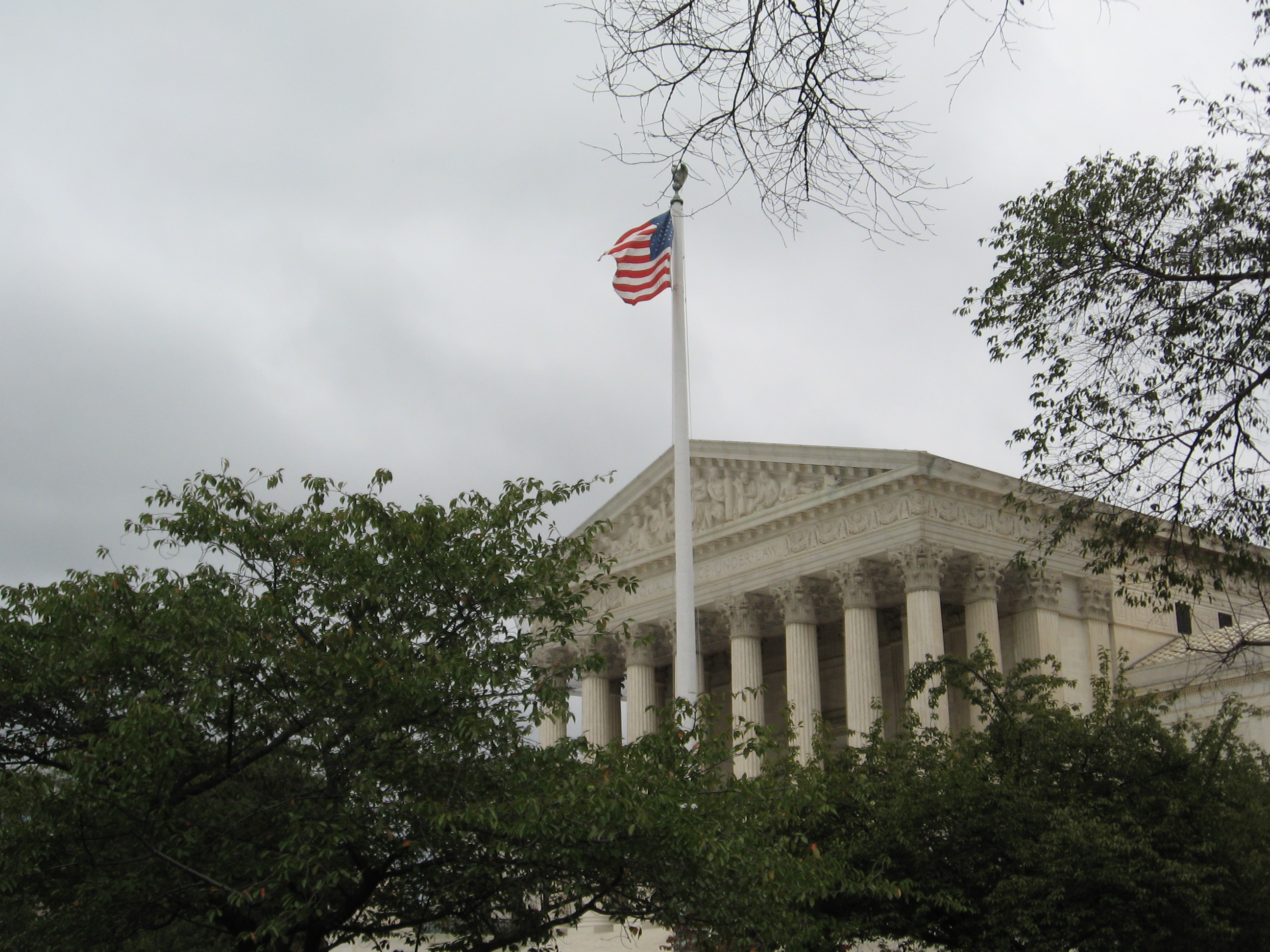
On December 10, the U.S. Supreme Court released its first opinion of the 2019-2020 term. In Rotkiske v. Klemm, the court affirmed the decision of the U.S. Court of Appeals for the 3rd Circuit, holding that the Fair Debt Collection Practices Act’s (FDCPA) “statute of limitations begins to run when the alleged FDCPA violation occurs, not when the violation is discovered.” Justice Clarence Thomas wrote the 8-1 opinion. Justice Sonia Sotomayor filed a concurring opinion. Justice Ruth Bader Ginsburg wrote an opinion dissenting in part and dissenting from the judgment. The case was argued on October 16, 2019.
Kevin Rotkiske accumulated credit card debt between 2003 and 2005. His bank referred to Klemm & Associates (Klemm) for collection. In 2009, someone accepted service for a debt collection lawsuit on Rotkiske’s behalf without his knowledge. Klemm obtained a default judgment of approximately $1,500.
Rotkiske discovered the default judgment in 2014. He sued Klemm for violating the FDCPA. Klemm moved to dismiss the claim as untimely. The U.S. District Court for the Eastern District of Pennsylvania granted Klemm’s motion. Rotkiske appealed and the U.S. Court of Appeals for the 3rd Circuit affirmed the district court’s ruling. The 3rd Circuit held Section 1692k(d) of the FDCPA’s “one-year limitations period begins to run when a would-be defendant violates the FDCPA, not when a potential plaintiff discovers or should have discovered the violation.”
In affirming the district court’s ruling, the 3rd Circuit rejected Rotkiske’s argument that the FDCPA incorporates a “discovery rule” that “delays the beginning of a limitations period until the plaintiff knew of or should have known of his injury,” as the 4th Circuit and the 9th Circuit have held. Rotkiske then petitioned the U.S. Supreme Court to review the case, which concluded with this ruling.
Click here to learn more.

